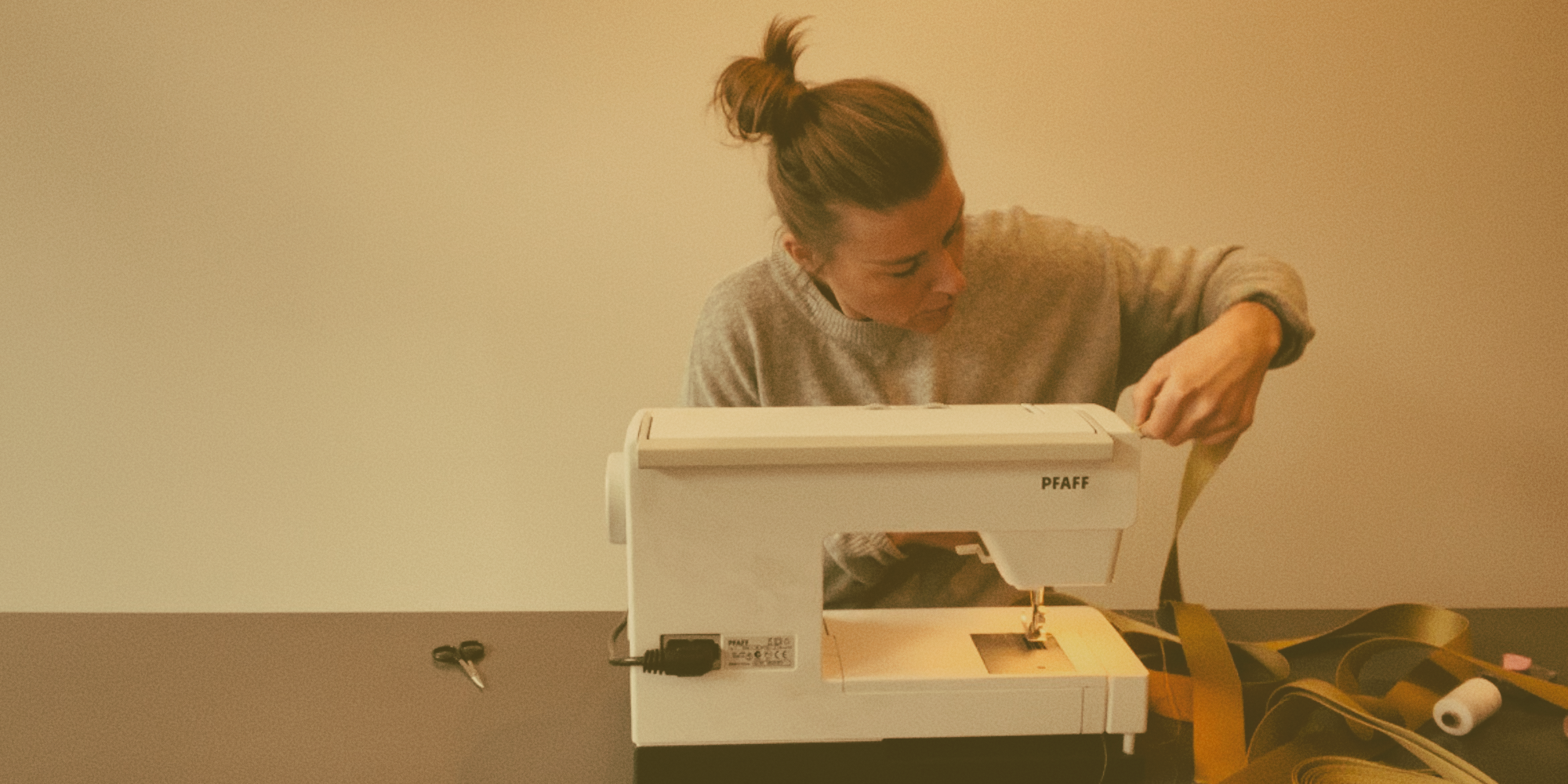
Teething and its effect on baby's sleep
When babies start teething, it can be a challenging time for both the child and their parents. Most parents experience at one point or another in their child's life that teething causes discomfort and pain for the child, which can affect sleep.
In this article, we will take a closer look at the signs to look out for, the discomfort teething can cause, why it can affect your baby's sleep, and most importantly; what you can do to ease the pain and discomfort for your little nugget.
The typical signs of teething in babies
When a baby starts teething, there are typical signs that may indicate teething is underway. These signs can vary from child to child, but here are some of the most common:
- Sore and swollen gums: You may notice a small bump or swelling on baby's gums where the tooth is about to break through.
- Increased drooling: Baby may start drooling more than usual during the teething process.
- Redness: Some babies get red around the chin, mouth and cheeks. - Irritability: Teething can make the baby more irritable and restless than usual. They may cry more and be harder to comfort.
- Bites on objects: Baby may have a strong need to bite and chew on objects to relieve discomfort in the gums.
- Sleep problems: Teething can affect the baby's ability to fall asleep and stay asleep. They may wake up more frequently at night and find it difficult to find comfort and peace.
It is important to note that not all babies experience the same signs of teething, and some babies may have few or no symptoms at all, while others may be severely affected. There can also be a difference in intensity depending on which teeth are involved. Some people find that the molars cause more trouble than the front teeth.
What inconveniences can teething cause?
Teething can be an unpleasant experience for the baby due to the pressure and pain that occurs when the tooth breaks through the gum. This pain can range from mild to more intense, depending on the child and their individual tolerance level. In addition to the pain, the baby may also experience other types of discomfort during teething, including:
- Redness and inflammation of the gums: The gums can become red, swollen and sore as a result of teething.
- Increased sensitivity: Baby's gums may become more sensitive to touch and pressure during the teething process.
- Poor appetite: Some babies may experience a temporary loss of appetite due to the discomfort of teething.
- Easy to cry: The baby may be more teary and teary during teething because of the discomfort they experience.
How does teething affect baby's sleep?
Teething can have a significant impact on a baby's sleep. The sore and swollen gums, the pain and the discomfort can make it difficult for the baby to find comfort and peace and fall asleep. They may wake up more frequently at night and have difficulty returning to sleep.
Teething can also affect baby's appetite and eating habits, which can lead to more frequent feedings at night and disrupt their sleep patterns.
All of this can result in a vicious cycle where the baby is more tired and irritable due to lack of sleep, which in turn makes it harder for them to fall asleep and stay asleep.
What can I do to ease my baby's teething pain and discomfort?
There are several things you can do to ease your baby's pain and discomfort from teething and thus have better days and nights:
- Massage the gums: Gently massage baby's gums with a clean finger to relieve pressure and pain. A teether can also be a lifesaver, and can help the child to relieve the discomfort himself. We can recommend our huggable goose Gertrud , whose legs and feet are made as a bite ring. A cold cucumber can also work wonders.
- Calming routines: Use calming routines and activities at bedtime to help baby relax and fall asleep. Relaxing massage or reflexology for teething problems can help your baby find peace.
- Extra love and comfort: However hard and demanding it may be during periods of teething, remember that it will pass again, and right now your child (perhaps) has a particularly great need to be held close and comforted.
-
Gel and drops. There are gels and gum drops that are specially designed to relieve sore gums. It can be a great help to find peace when the discomfort is at its worst.
Remember that it is important to consult your doctor or dentist if you have any concerns or questions about your baby's teething process and sleep. They can give you advice and recommendations based on your baby's specific situation.








